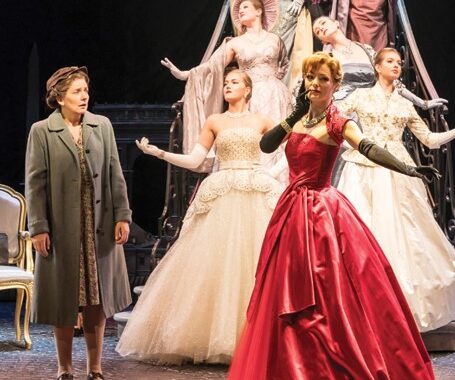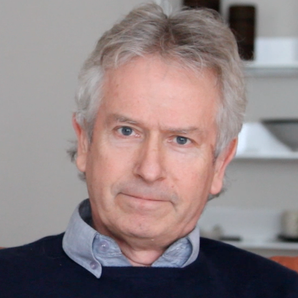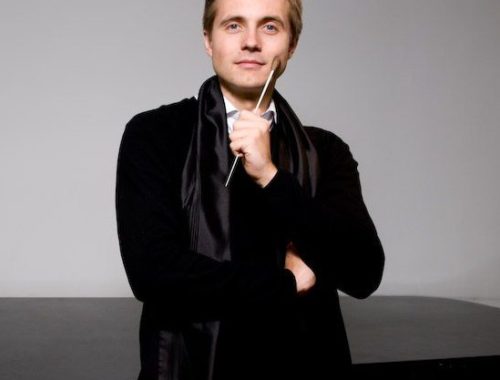Prom 9: Hallé Orchestra, Elder, Royal Albert Hall
Homecomings, real and imagined, marked out this season’s Hallé Prom. For Sibelius, brazen horn fanfares and myriad string ostinati carried us at the gallop to the heart of the Finnish heartlands. Everything in his rarely performed Scènes historiques – Suite No.2 is seen, or rather heard, with absolute clarity. We are a long way from the soul searching and harmonic equivocations of the 7th Symphony which Mark Elder so shrewdly programmed alongside it.
Elder’s reading of the earlier work was subtly shaded in colours which tended towards the pastel but still shone brightly. Violas rather than violins introduced the second movement “Love Song” (a kind of Finnish troubadour song with harp suggestive of an accompanying lute) while the shadow falling across the final movement (“At the Drawbridge”) came like an ominous portent of his 7th and last Symphony.
Elder’s reading of that was softer grained, less assertively elemental, less craggy, than we have come to expect but suffused with a mysterious light lending it a translucent beauty. It was the half-shades we remembered, the way the harmonies kept shifting against each other like tectonic plates. The final nudge into C major was balanced to perfection and glimmered only momentarily before Elder (taking Sibelius at his word) abruptly cut it short.
Then came something very special. Another swansong. It takes a fellow Hungarian but more than that a pianist of András Schiff’s elegance and perception to fully realise where Bartok’s last completed work – the 3rd Piano Concerto – is coming from. This is grass roots folk music afforded an urban sophistication, songs and dances given a baroque-like twist. So many memories – pleasing and pained and finally exuberant – haunted Bartok in exile and with Schiff’s miraculous articulation chronicling every little rhythmic and harmonic twist and turn this wonderful concerto sounded more than ever a creation of heartfelt originality. And how telling of Schiff to point up those classical ties and offer a morsel of Schubert – Hungarian Melody – as an encore.
Janacek was not so discreet with his Sinfonietta trumpeting his homeland to the acoustic discs of the Albert Hall dome and beyond. Elder’s reading was an outing (in every sense), his augmented Hallé trumpets proudly displaying their brass band heritage and some cracking trombone playing marking out the middle movement, horns yelping their exhilaration at the climax and boldly asserting the work’s gymnastic origins.
You May Also Like

GRAMOPHONE: From Where I Sit – February 2021
24/02/2021
A Conversation With TONY BANKS
02/09/2010